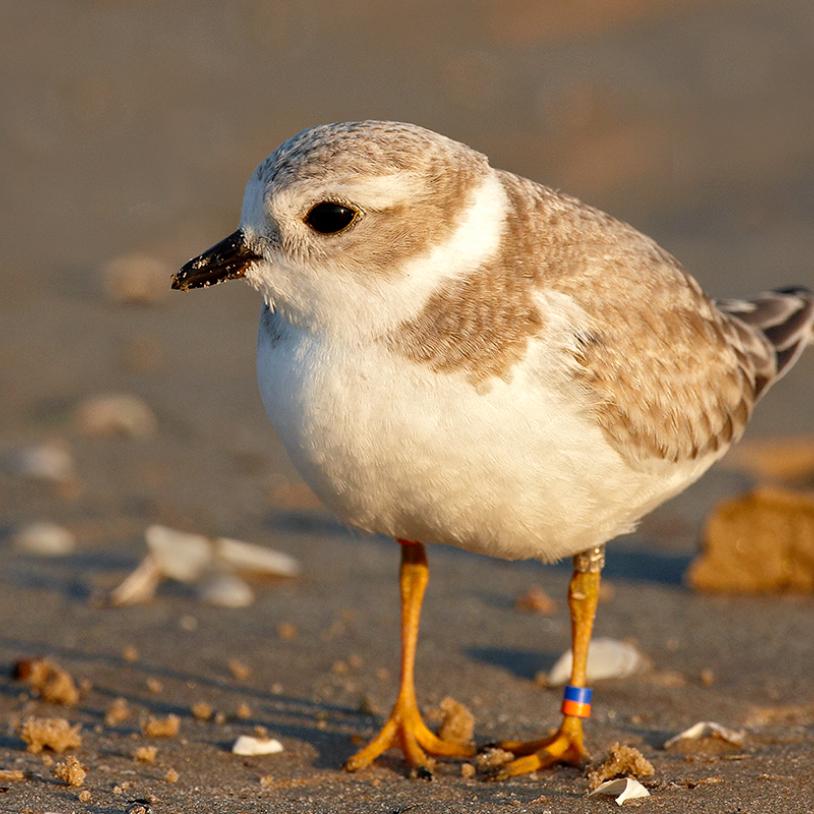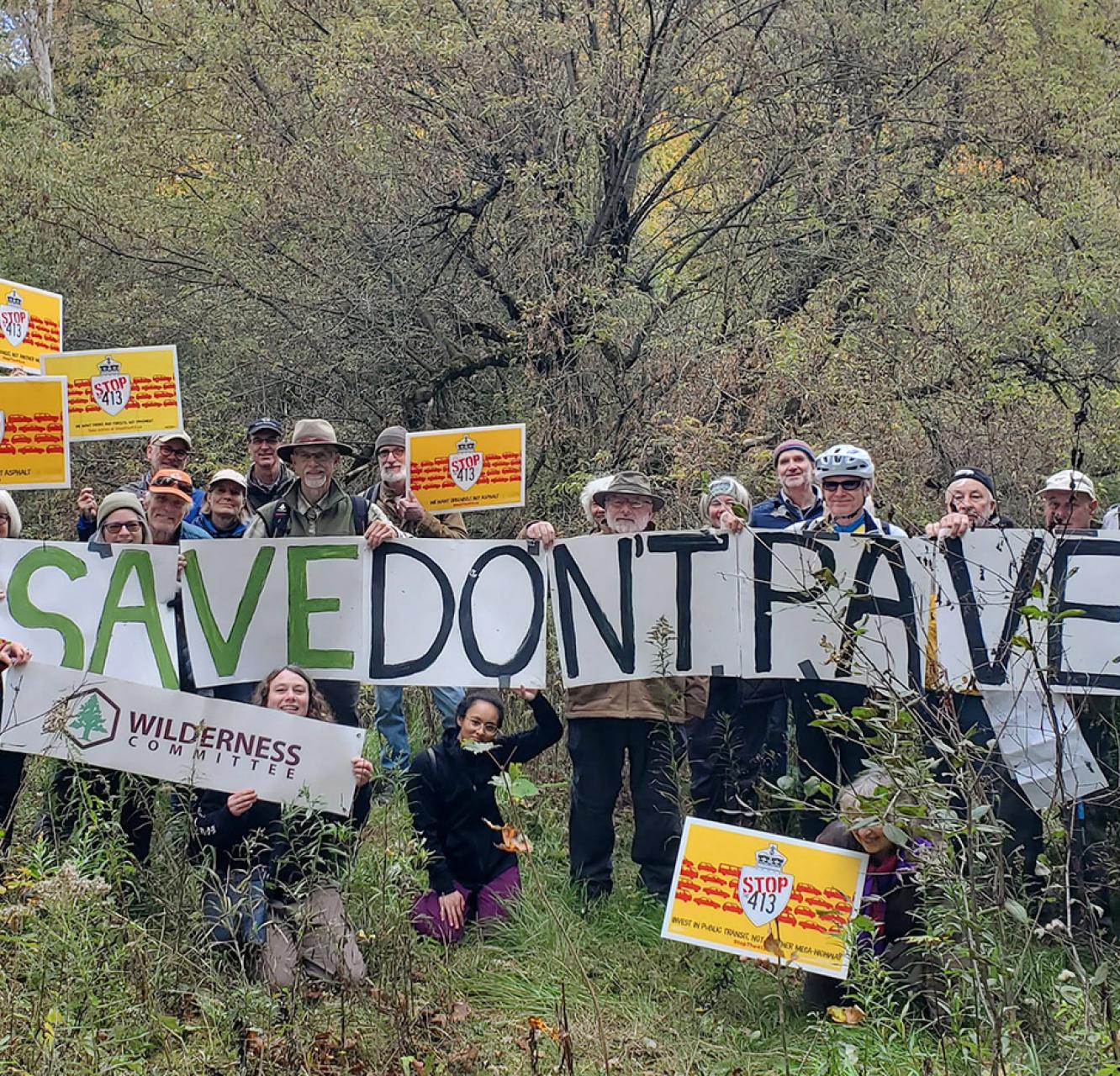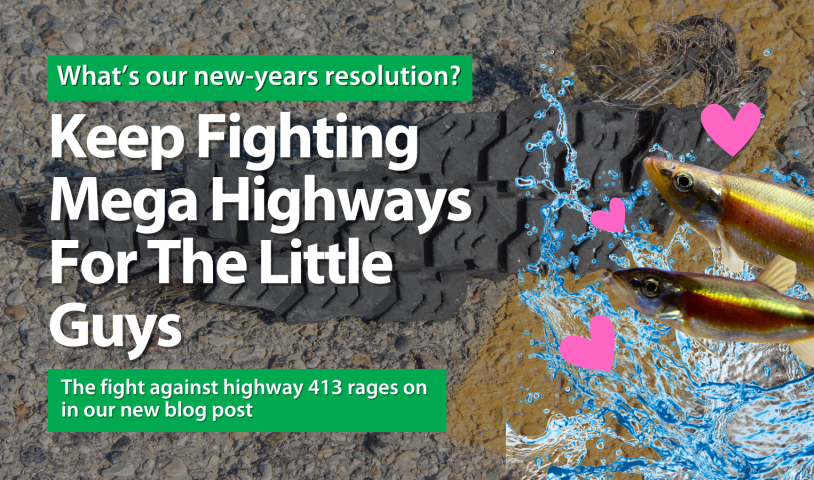Ontario uses budget bill to remove parklands
Wednesday, November 26, 2025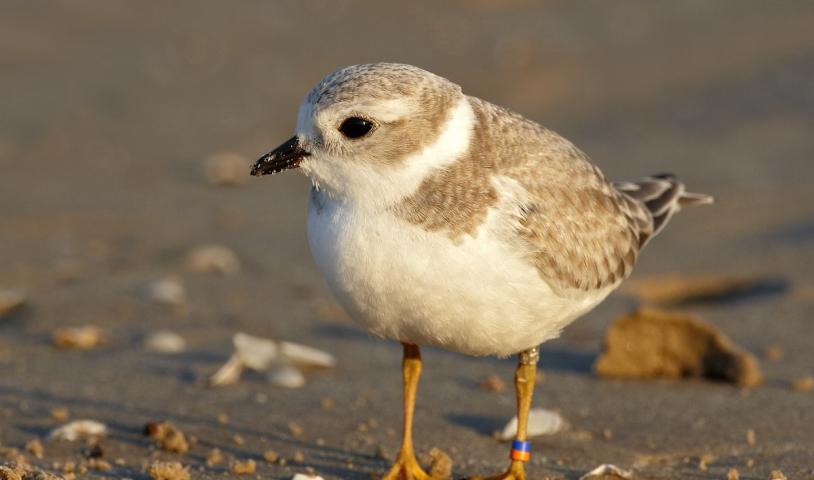
Wilderness Committee condemns the sell-off of portions of Wasaga Beach Provincial Park
TORONTO / TRADITIONAL TERRITORIES OF MISSISSAUGAS OF THE CREDIT, ANISHNAABEG, CHIPPEWA, HAUDENOSAUNEE AND WENDAT —
On November 25, the Ford government passed Bill 68, the Plan to Protect Ontario Act (Budget Measures), 2025, quietly legislating the removal of lands from Wasaga Beach Provincial Park, including public access beaches and critical habitat for endangered piping plovers.
The Provincial Parks and Conservation Reserves Act, 2006 requires a report and agreement of MPPs before lands totalling more than 1 per cent of a park area can be removed or sold. The passing of this controversial parkland removal in an omnibus budget bill circumvents the law.
“By removing Wasaga Beach Park lands through a sweeping budget bill rather than a stand-alone vote, the Ford government is once again side-stepping the democratic process and public input in order to ram through unpopular public land sell-offs,” said Ontario Campaigner Katie Krelove.
Wasaga Beach is the site of the longest freshwater beach in the world and hosts up to two million tourists a year. Wasaga Beach Provincial Park includes 14 km of sandy shore accessible from eight different beach areas. The land removals forced through in Bill 68 comprise approximately half of these beaches, including Beach Areas 1 and 2, New Wasaga Beach and Allenwood Beach. These encompass key critical nesting and feeding areas for endangered piping plovers.
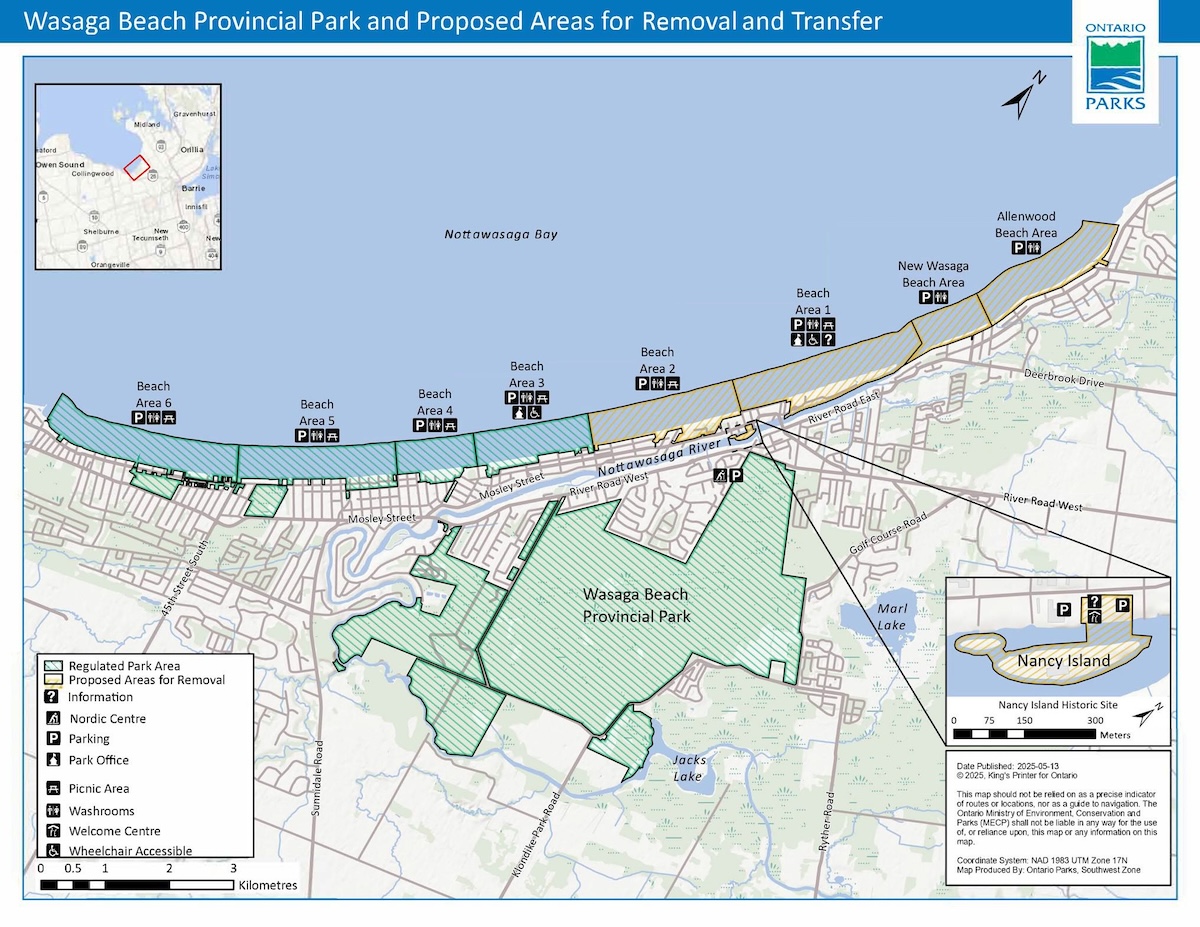
“Provincial parks provide immense value to people in Ontario by protecting biodiversity and safeguarding public access to rare natural spaces,” said Krelove. “We know thousands wrote to their local MPPs across the province urging them to vote no to the sell-off of Wasaga Beach parkland — but the Ford government once again found a way to side-step democracy and allow MPPs to avoid being held accountable.”
The severance of migratory piping plover habitat from the park, combined with the removal of provincial endangered species protections through Bill 5 in June, means the only legal safeguard standing in the way of their destruction is federal intervention.
“The Ford government may not care about the fate of endangered species, but Ontarians do.” added Krelove. “We’ll be holding Canada’s Environment Minister accountable to enforce strong habitat protections for piping plovers through all possible tools in the federal Species At Risk Act.”
Download additional reporting resources here, including a picture of the piping plover and a map of the region.
–30–
For more information, please contact:
Katie Krelove, Ontario Campaigner
647-208-4026, katie@wildernesscommittee.org
